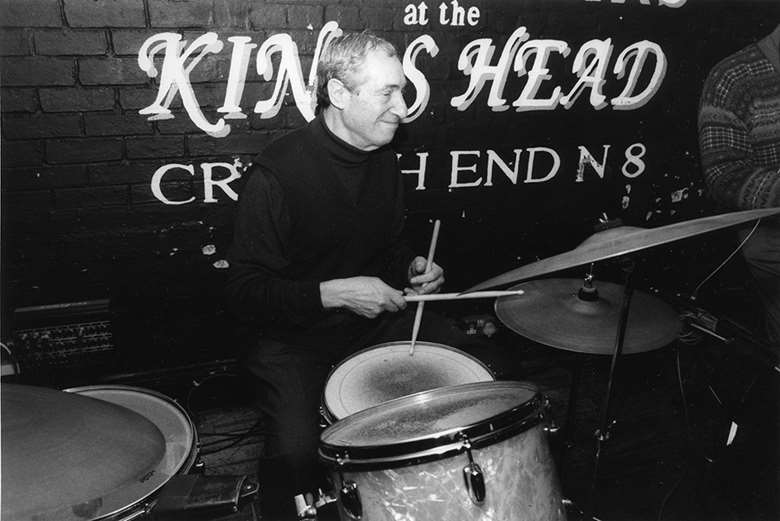Laurie Morgan 1926-2020
Simon Morgan
Friday, February 28, 2020
Rolling Stones’ sticksman and jazz lover Charlie Watts says of drummer Laurie Morgan, who has died aged 93: “Laurie was a major influence in the early days of bebop in Britain, and an inspiration for many British drummers.”


Register now to continue reading

Thank you for visiting Jazzwise.co.uk. Sign up for a free account today to enjoy the following benefits:
- Free access to 3 subscriber-only articles per month
- Unlimited access to our news, live reviews and artist pages
- Free email newsletter